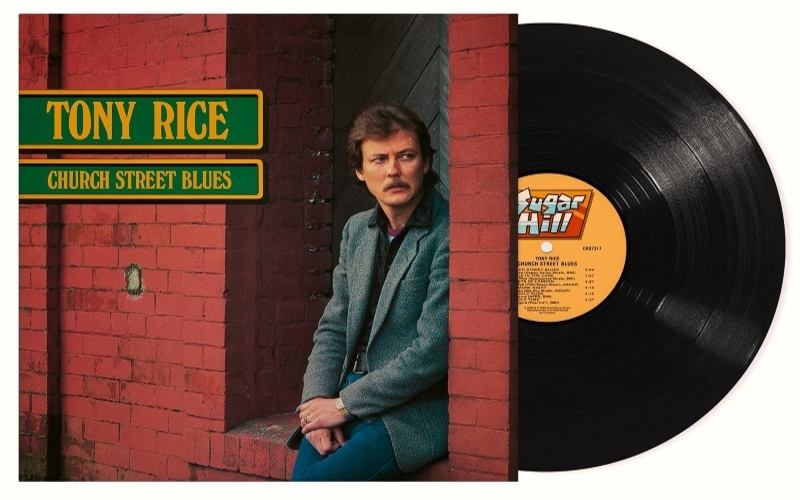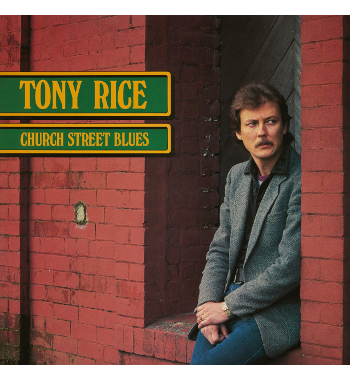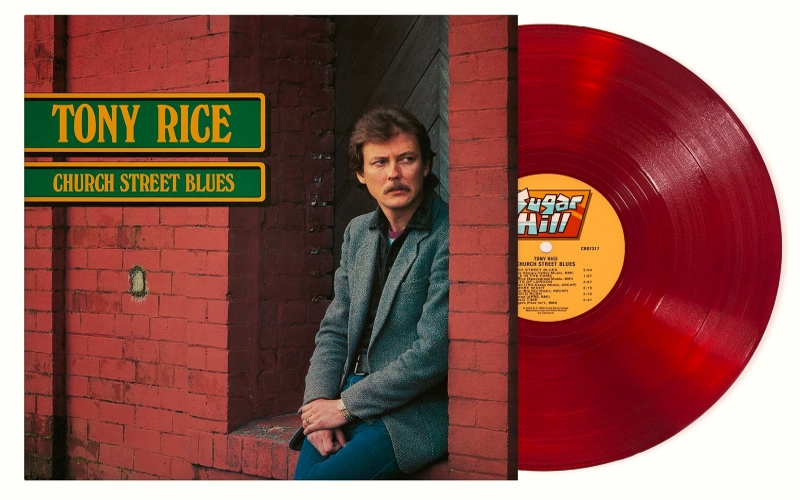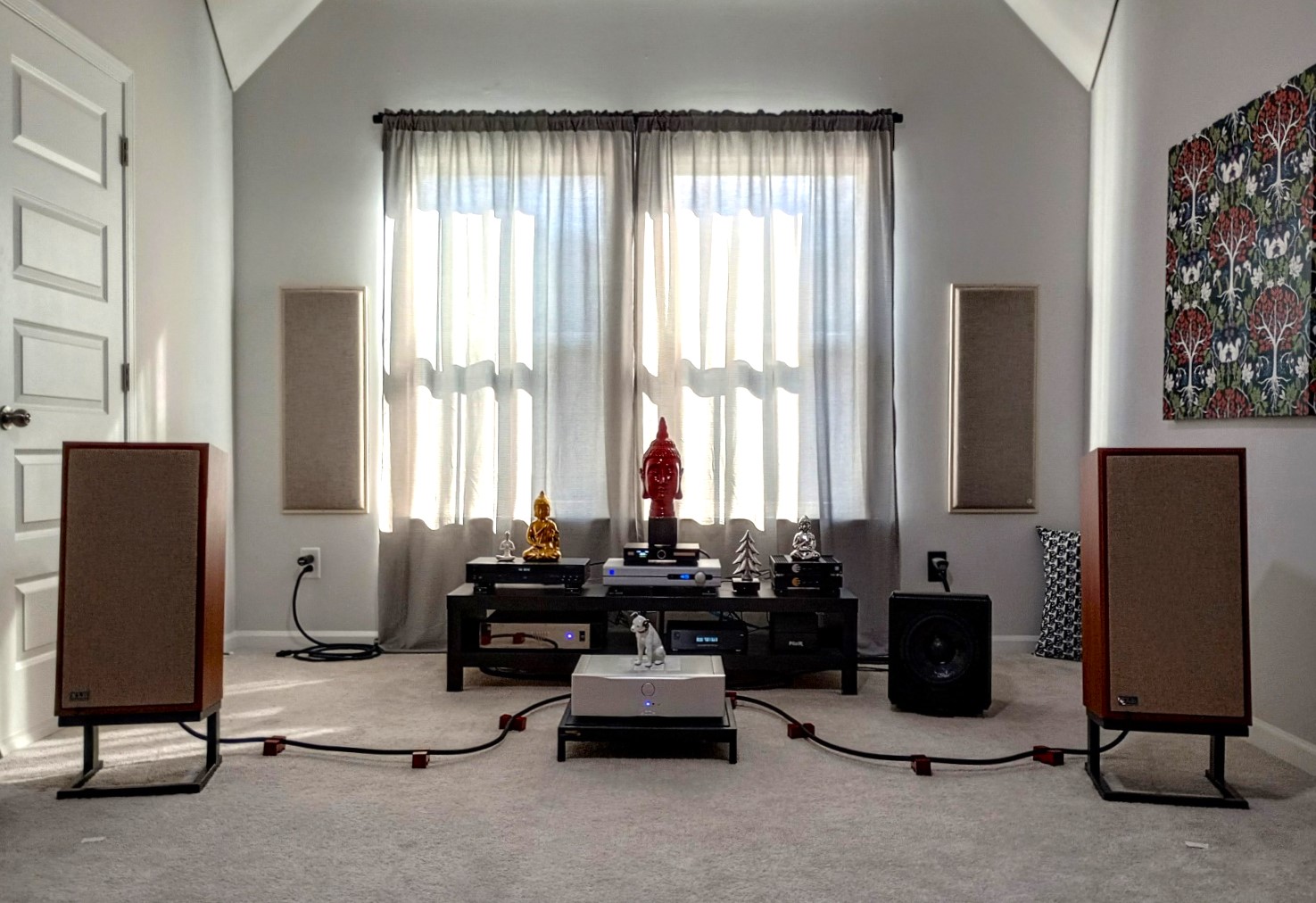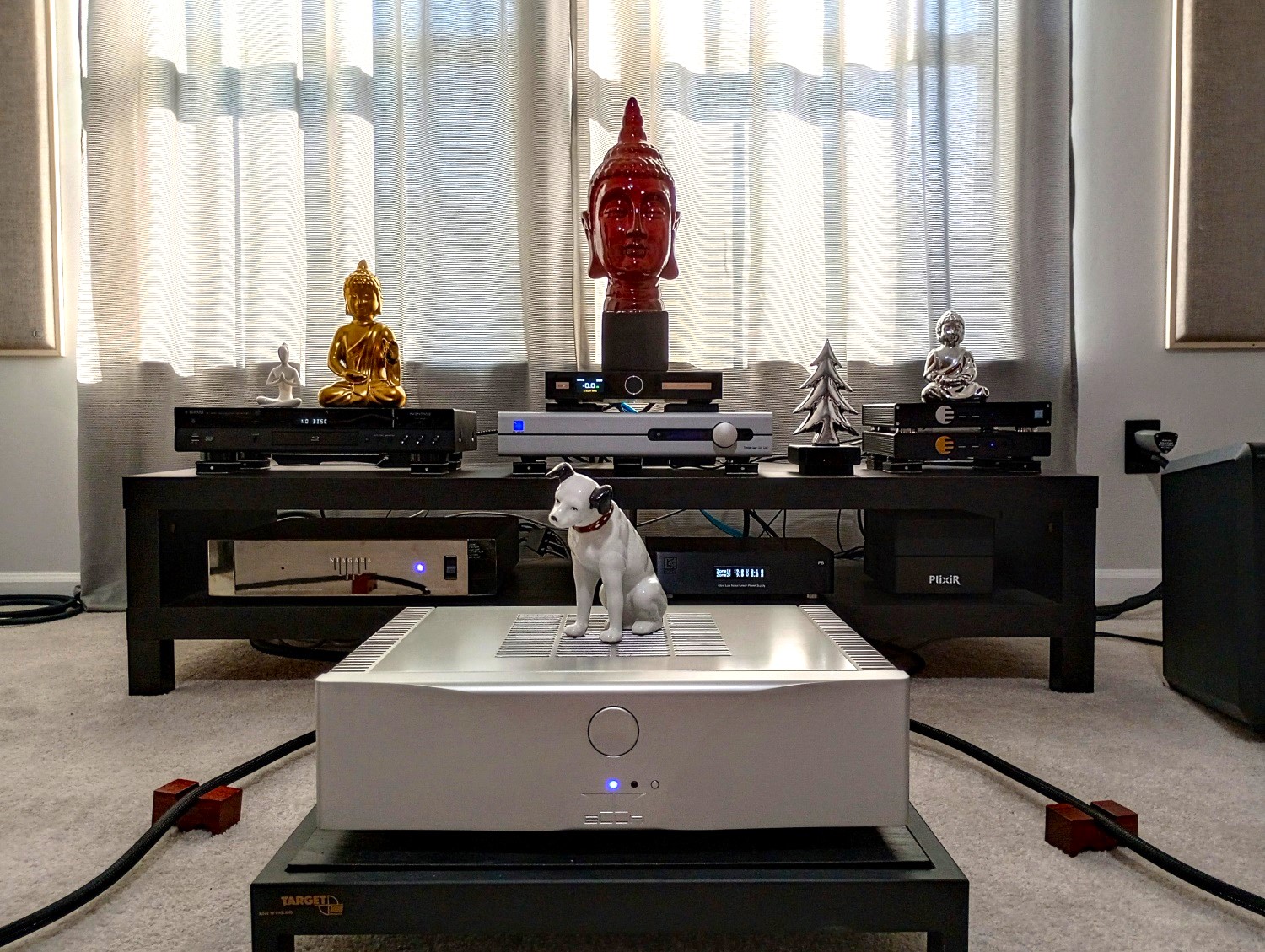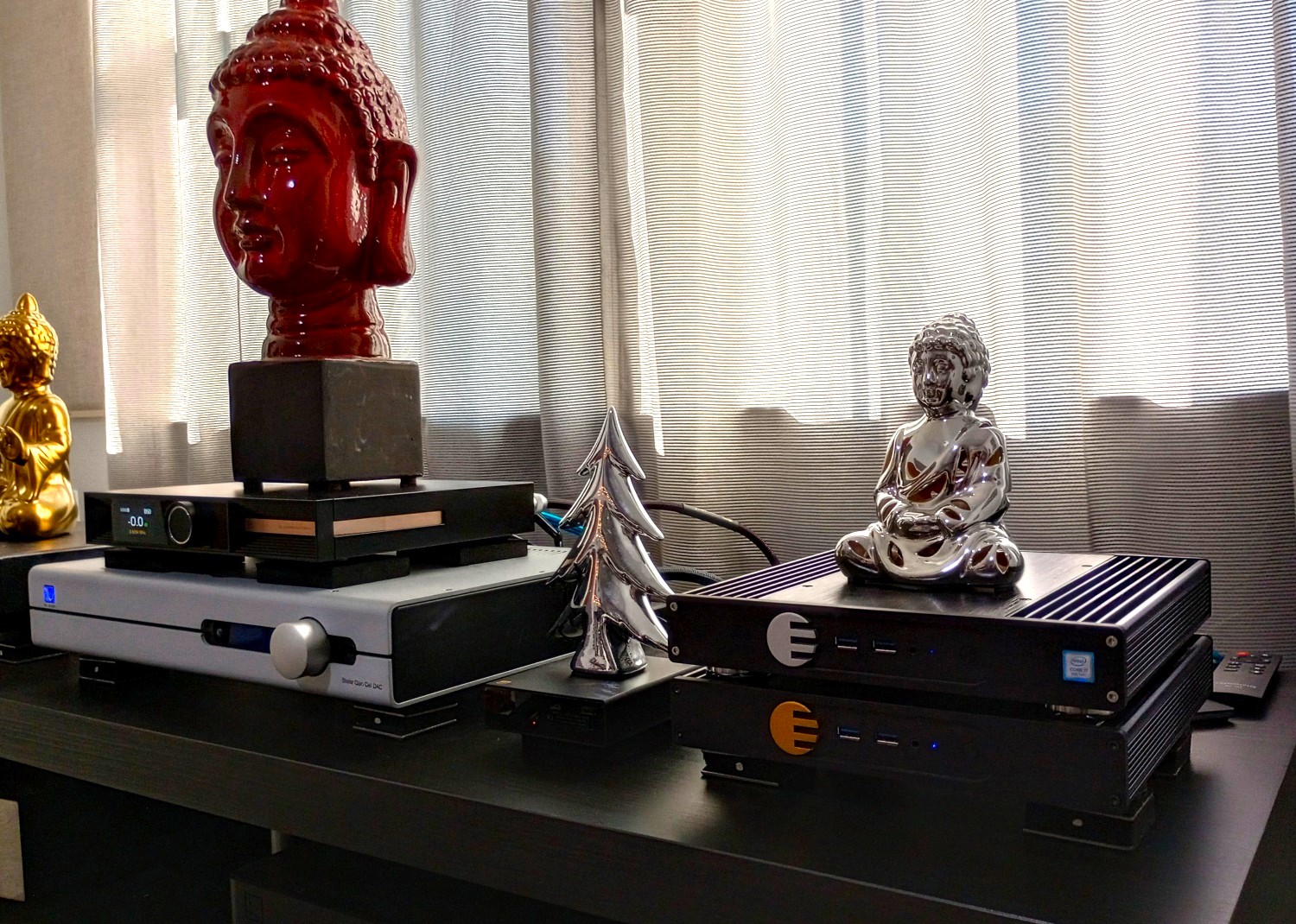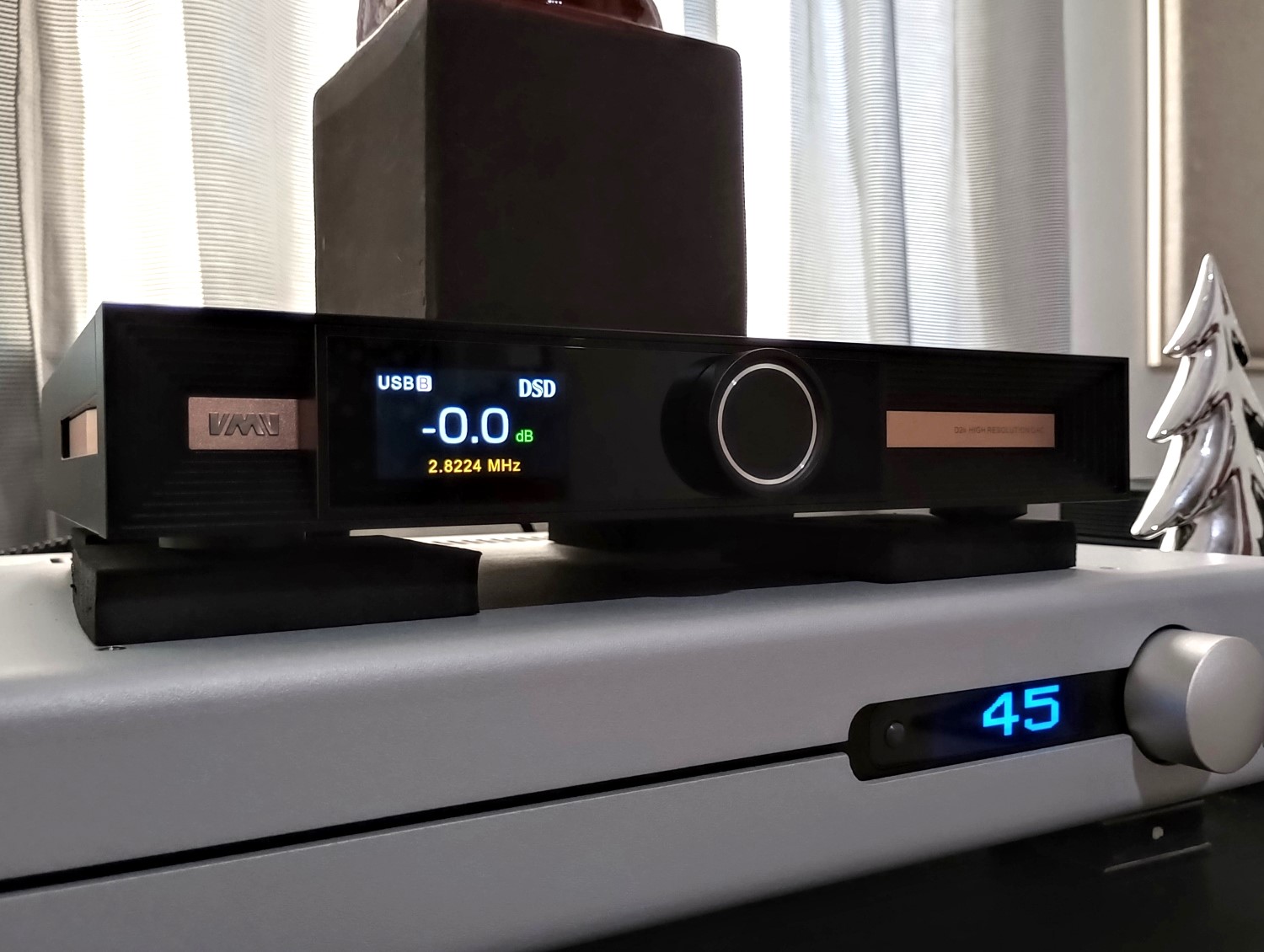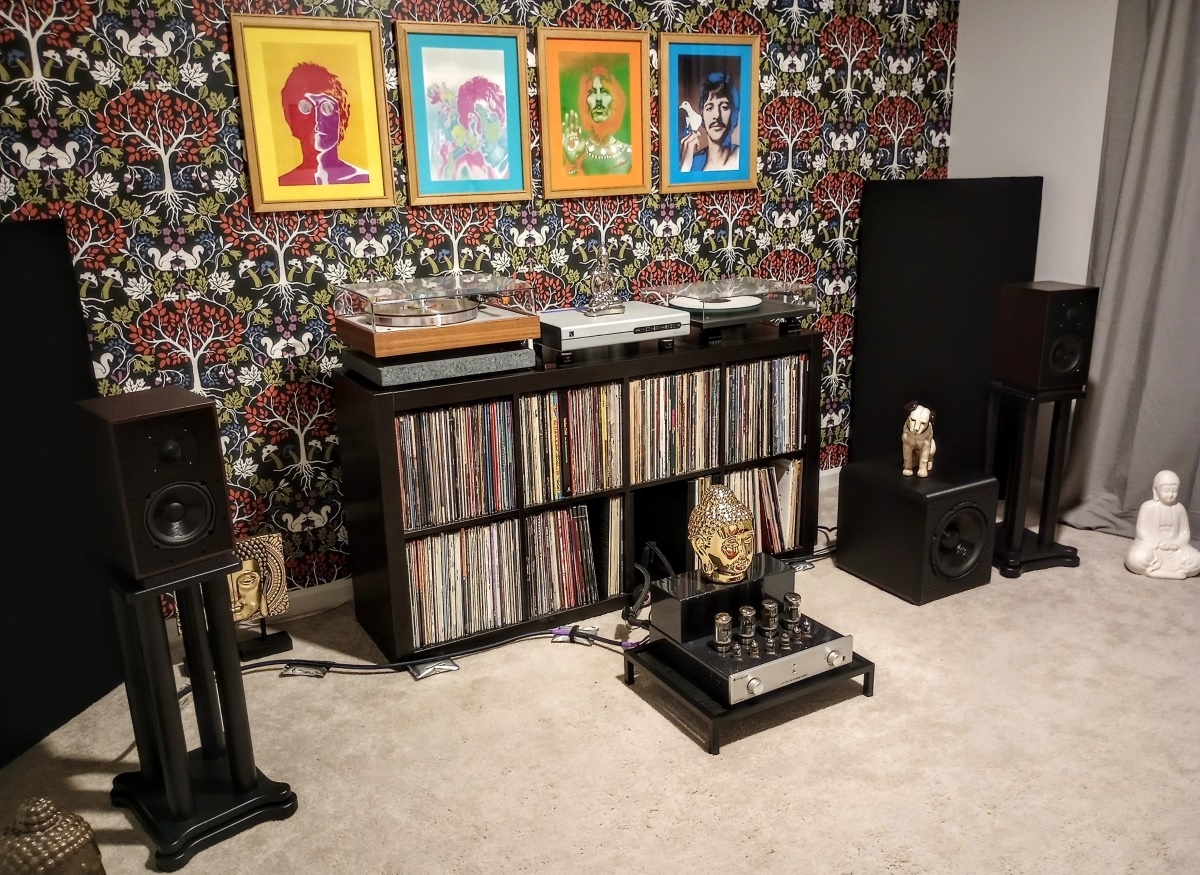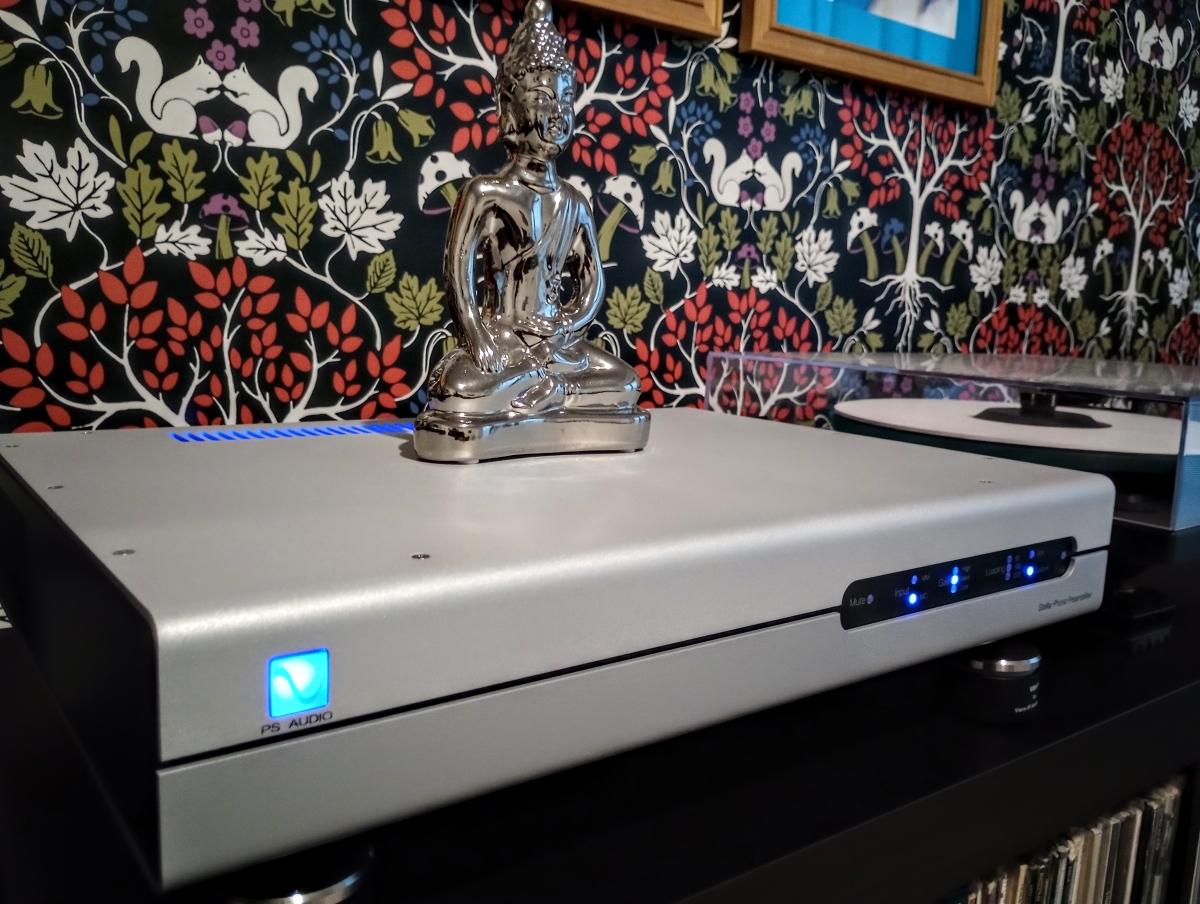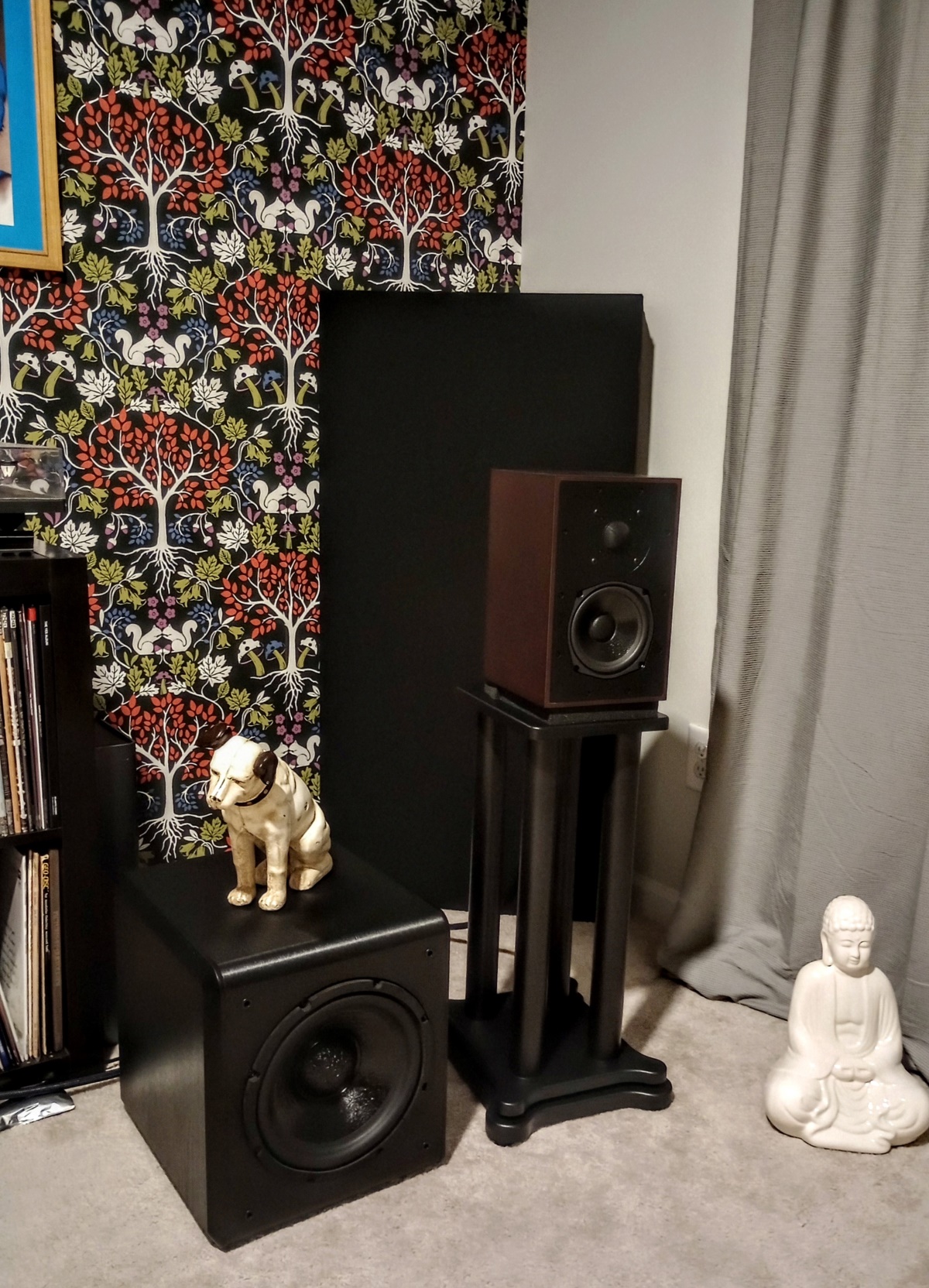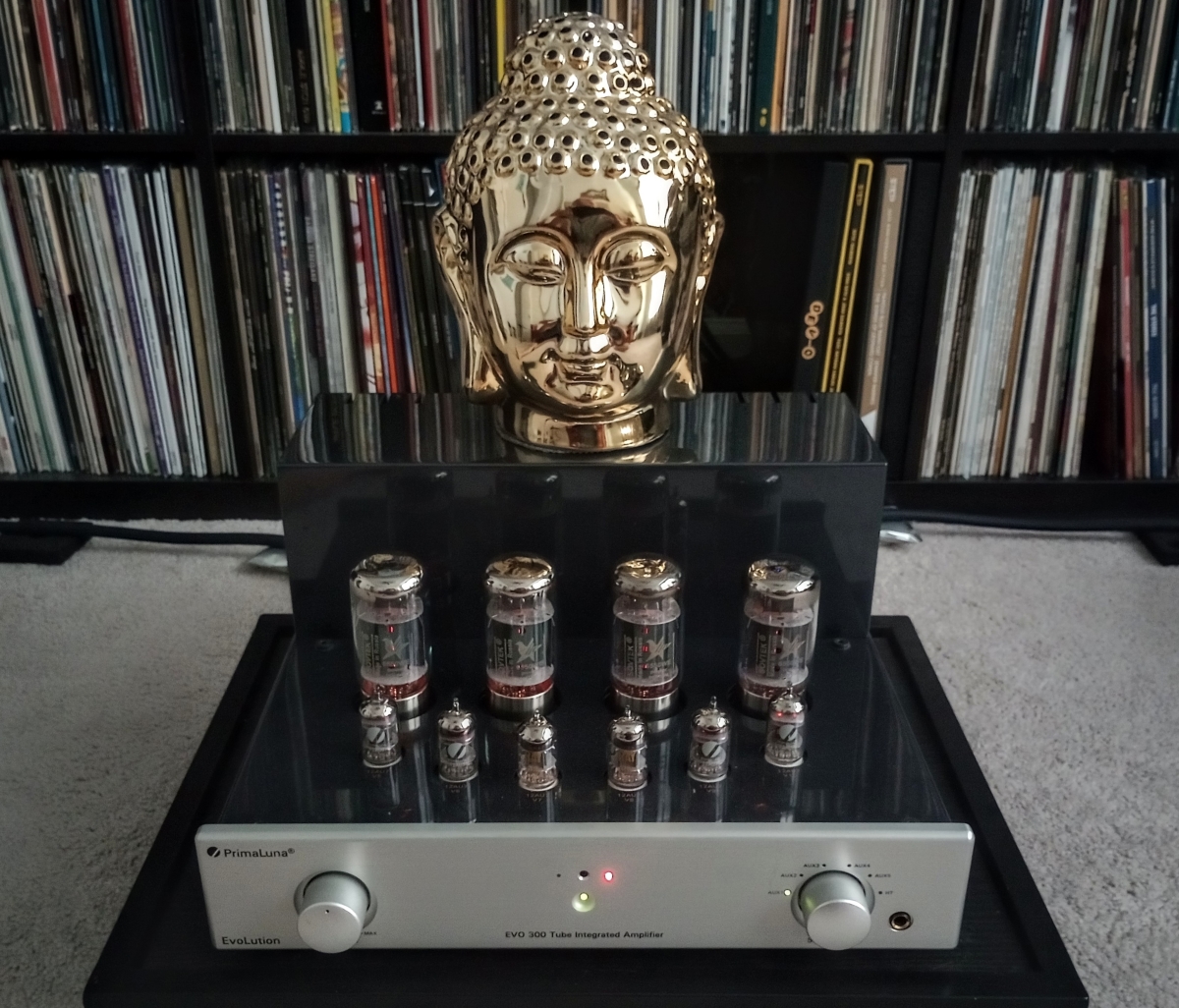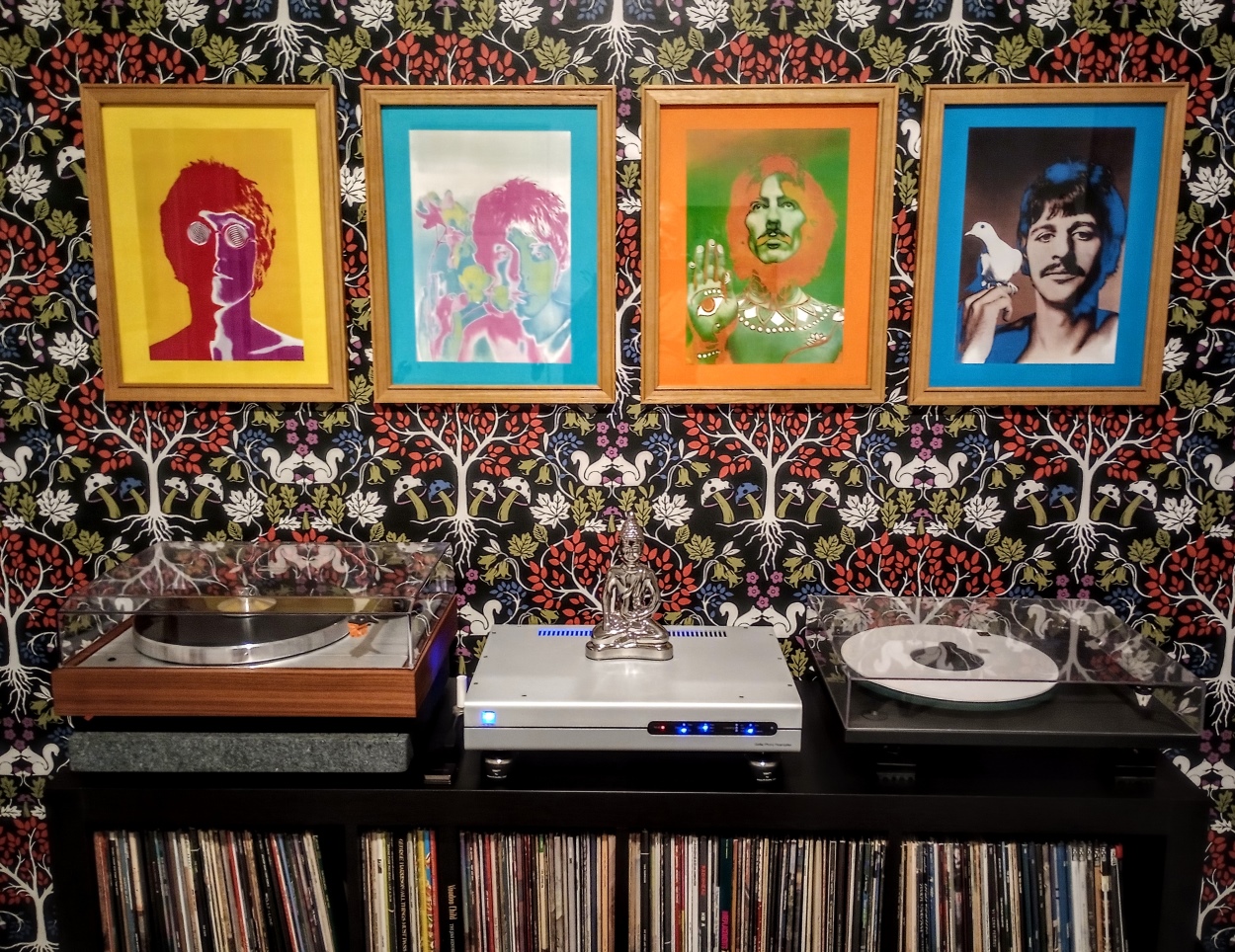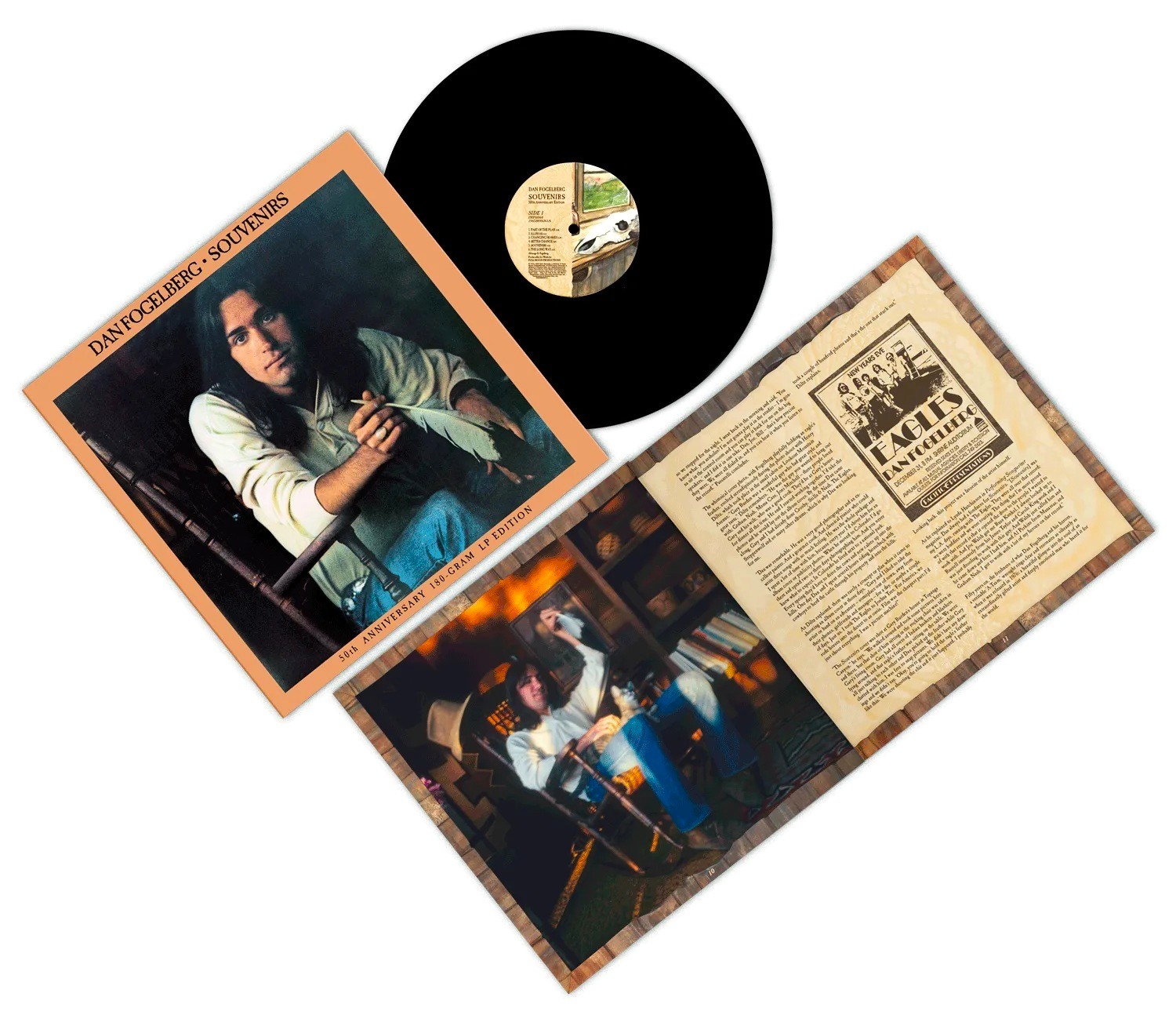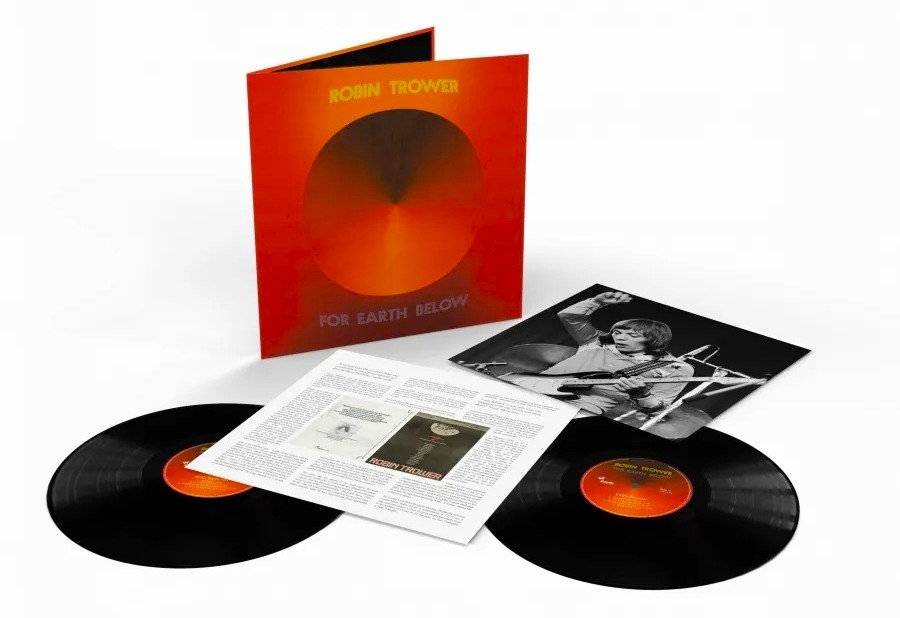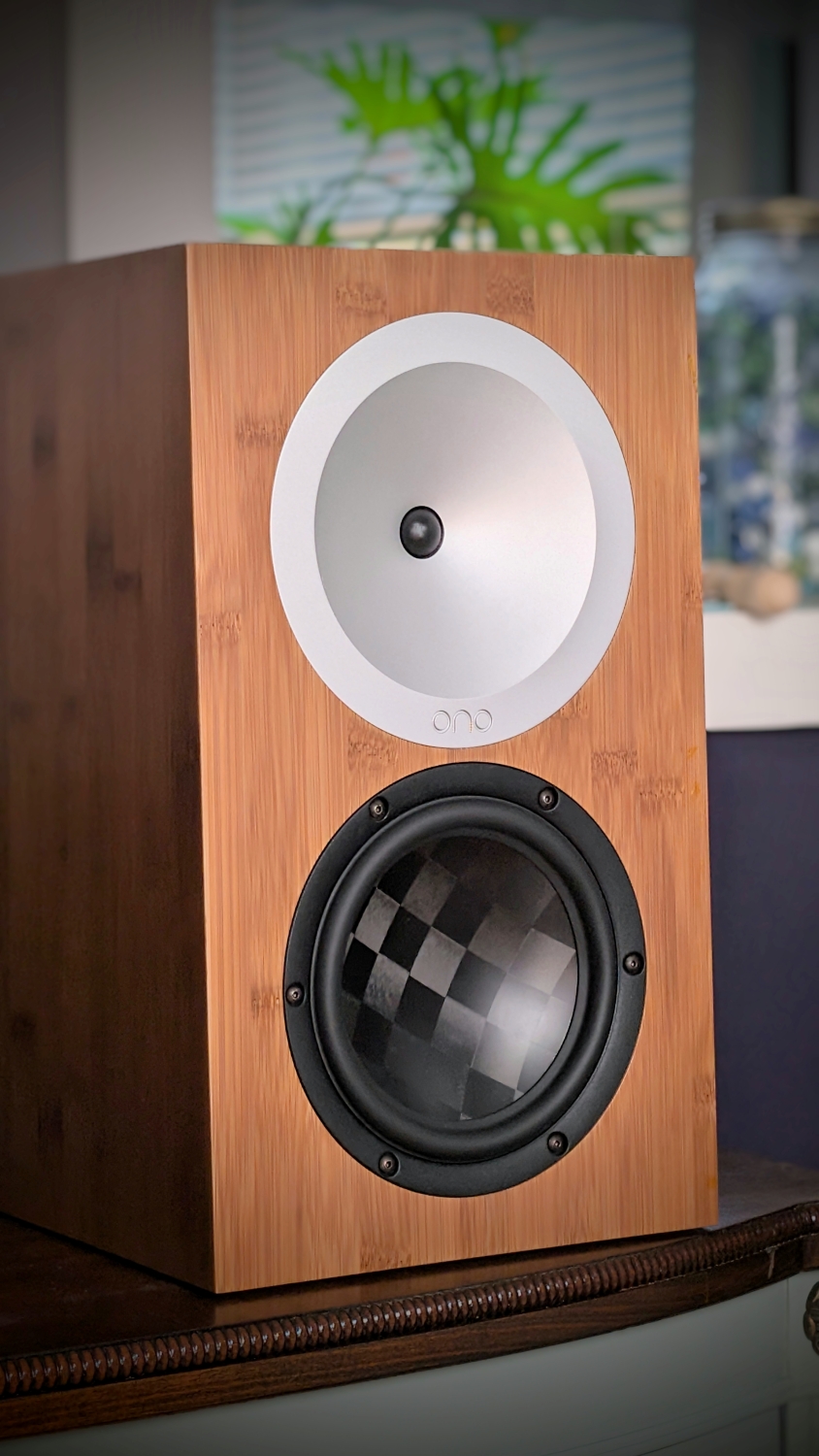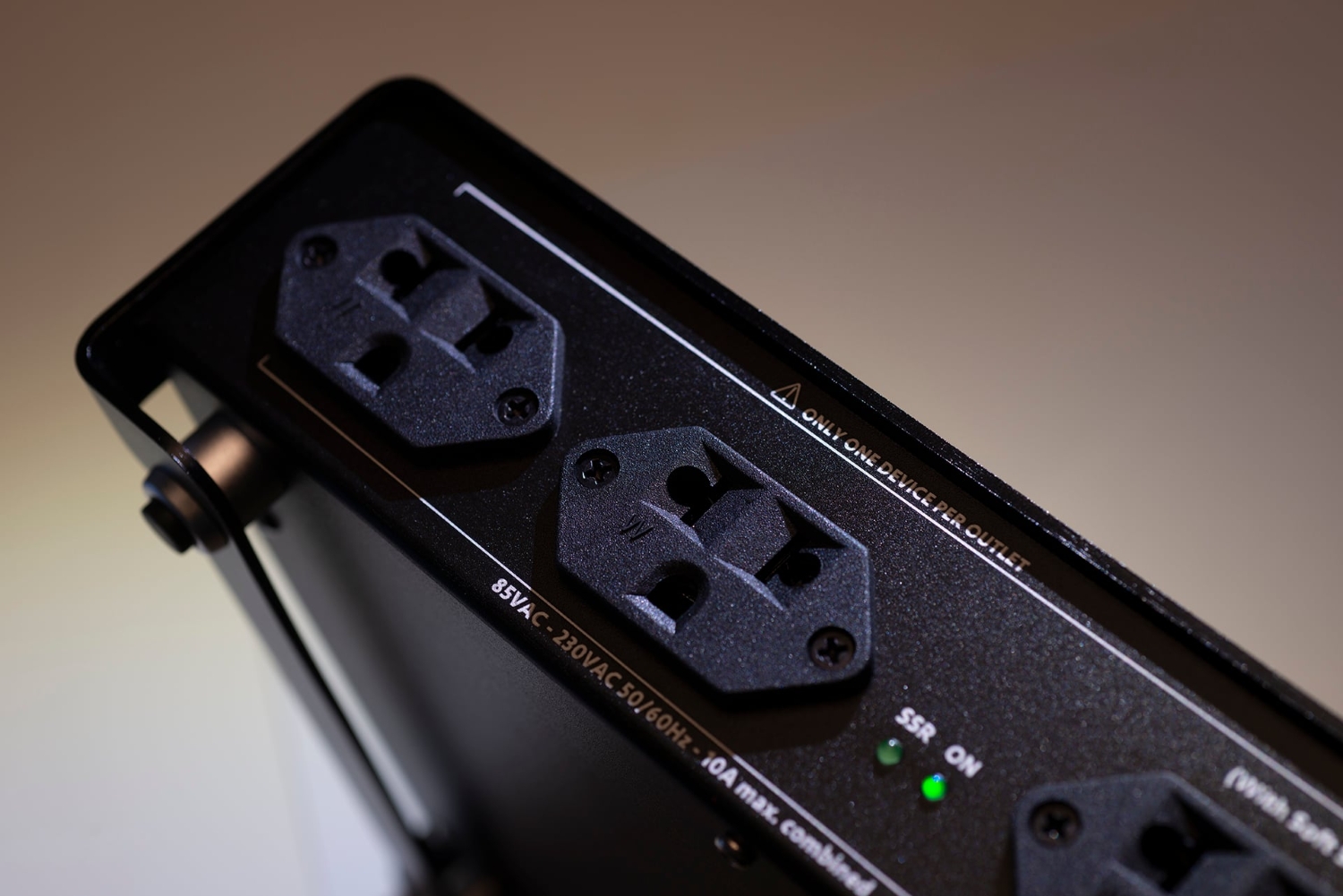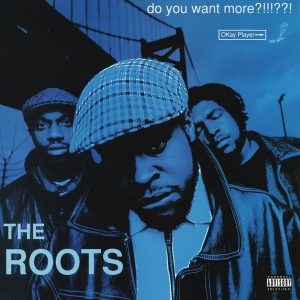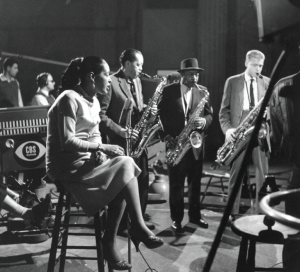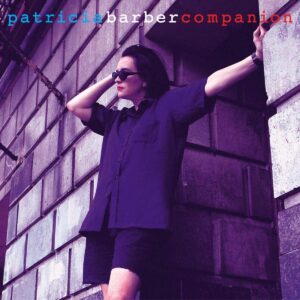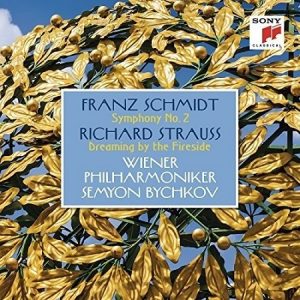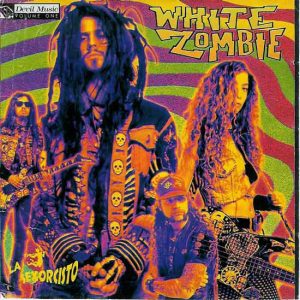Craft Recordings has announced their reissue of Church Street Blues, the seminal 1983 album from bluegrass icon and journeyman guitarist and vocalist Tony Rice. Among the hundreds of recordings Rice participated in over a career that spanned fifty years, Church Street Blues is widely considered to be among his finest efforts, and has been out of print as an LP since its original release over forty years ago. Craft is offering the album as a 180 gram, black vinyl LP; their release is accompanied by a limited-edition, translucent red vinyl 180 gram version available exclusively for preorder from Vinyl Me Please (unfortunately, it sold out in the preorder stage). Church Street Blues is also available for the first time as 24-bit/192kHz high resolution digital files that can be purchased from Craft and will be offered by most streaming services.
David Anthony "Tony" Rice (June 8, 1951 - December 25, 2020) was an American guitarist and vocalist most prominently associated with bluegrass music. Rice was born in Danville, Virginia, but at a very young age, his family relocated to Los Angeles, California, where his father, Herb Rice, soon introduced Tony and his brothers to the bluegrass idiom. Which was thriving at the time in LA, where the Rice brothers were taught the fundamentals of bluegrass by local luminaries Clarence White and his brother Roland. Clarence White was already a member of the Byrds, and both he and Roland moonlighted in the near-legendary Kentucky Colonels bluegrass outfit. And they wasted no time introducing Tony and his brothers to other like-minded acoustic players like Ry Cooder, Herb Pederson, and Chris Hillman. In 1970, Tony Rice relocated to Louisville, Kentucky, where he soon became the guitarist and lead vocalist for J.D. Crowe's highly influential progressive bluegrass group The New South. By 1974, The New South's lineup brimmed with bluegrass superstars, and in addition to Rice on guitar and vocals, featured Ricky Skaggs on fiddle, mandolin, and vocals; J.D. Crowe on banjo and vocals; Jerry Douglas on dobro; with Bobby Slone doubling on bass and fiddle. Their 1974 recording, J.D. Crowe & The New South, became Rounder Records' biggest selling album up to that point. However, Tony Rice left not long afterwards, citing artistic differences with J.D. Crowe over the direction of the group.
Just following his departure from The New South, Tony Rice had an encounter with mandolin player extraordinaire David Grisman, who convinced him to return to California, where he became part of the David Grisman Quintet. Grisman encouraged Rice to embrace a wider view of bluegrass music, one that intertwined themes of jazz, bluegrass, and classical music. The group's 1977 album, The David Grisman Quintet, is widely considered to be a landmark of acoustic string music. Rice's new musical connections soon found him playing alongside the likes of Alison Krauss, Alison Brown, Doc Watson, and Norman Blake. As well as doing session work for a diverse group of artists, including Emmylou Harris, Mark O'Connor, Bela Fleck, and Mary Chapin Carpenter. In 1993, he teamed with David Grisman and the Grateful Dead's Jerry Garcia to record the classic The Pizza Tapes; he also recorded several albums around that time with his brothers Larry, Wyatt, and Ronnie, as The Rice Brothers. As a leader, band member, and session musician, Tony Rice played on hundreds of albums over a lengthy career, winning a Grammy and multiple IBMA (International Bluegrass Music Association) awards along the way. In 2013, Rice made his final public appearance when he played at his induction into the International Bluegrass Music Hall of Fame. Tony Rice's playing career was cut short by arthritis and elbow issues, which made it difficult for him to perform in his trademarked fingerpicking style. He also was diagnosed with disphonia in the late Nineties, which affected his vocal chords and made it almost impossible for him to sing. He died of undisclosed causes at his home in Reidsville, North Carolina, on Christmas Day in December 2020.
Despite Tony Rice's prolific career as an artist and performer, I remained completely ignorant of his extensive catalog of recordings. Until a fellow audio writer, The Absolute Sound's Steven Stone—who in addition to his journalistic pursuits is also an accomplished bluegrass musician—lamented his passing on social media the day after his death. Shortly afterwards, the tributes praising his artistry poured forth online from every corner of the music industry. I'd never heard any of his work prior to that, and receiving Craft Recordings' reissue of Church Street Blues has opened my eyes to everything I've been missing all these years. I now know it's time to do a deep dive into the music of Tony Rice.
New lacquers for Church Street Blues were cut by Kevin Gray at Cohearent Audio from the original master tapes. An all analog, AAA process was used throughout the mastering chain, and the LP was pressed on 180-gram vinyl at RTI. The reissue features a near-perfect replica of the original tip-on outer jacket, with crisp album art sourced from Sugar Hill Records and Craft's vaults. The LP arrived inserted into a rice paper inner sleeve, which helps keep it free from static build-up and paper dust accumulation, and guards against scratching. Craft Recordings' extraordinary attention to detail is obvious from the quality of the pressing and packaging, and will add significantly to its desirability to fans and collectors alike. Church Street Blues can be ordered from Craft's web store HERE, and is also available for digital streaming in high resolution at most online services. Should the LP appear to be sold out at Craft's web store, it very likely will still be available from multiple retailers online or at your local independent record store.
Tony Rice, Church Street Blues. 180 Gram LP, Sugar Hill Records, $30 MSRP
Despite his massive catalog of collaborations with other musicians, Tony Rice is probably best known for his solo efforts, with Church Street Blues ranking very high among them. The album was recorded at 1750 Arch Studios in Berkeley, California; no specific dates seem to have been noted for when the recordings actually took place at the studio, or for the actual release date of the album in 1983. The album was engineered by Bill Wolf and Bob Schumaker; Schumaker then remixed the session tapes with the assistance of Tony Rice. Church Street Blues was originally released on the Rounder label, but over time was ported to the Sugar Hill Records label, both of which are imprints of Craft Recordings and Concord. No liner notes were written for the album's release, but on the back of the jacket, Tony Rice offers special thanks to Clarence White, Doc Watson, Norman Blake, and Gordon Lightfoot.
On Church Street Blues, Tony Rice offers a masterclass in bluegrass guitar styles, and his inimitable fingerpicking shows the many influences he absorbed from his interactions with Clarence White, David Grisman, Doc Watson, and everyone else he performed with along the way. The album is an intimate affair, and only features Rice's guitar and vocals, along with the accompaniment of his brother Wyatt's rhythm guitar on four of the album's eleven tracks. And those tunes include an eclectic mix of bluegrass standards and covers; the album's opener, Rice's version of Norman Blake's "Church Street Blues," is among the most well-known standards in the bluegrass repertoire, and the song is given its definitive performance here. The traditional instrumental "Cattle In The Cane" follows, where Rice puts on a display of some of the finest fingerpicking you'll ever hear. Ralph McTell's "Streets of London" is given a very poignant reading with a perfect vocal from Rice, along with a healthy helping of his impeccable right hand technique. Rice's rendering of Bob Dylan's "One More Night" opens with an impressively complex run that almost sounds like two guitars playing, where his dexterity on the guitar allowed him to play both rhythm and lead runs and fills that intertwined with precise perfection. And very much on par with that of one of his earliest influences, Clarence White. Bill Monroe's instrumental "The Gold Rush" features the dual guitars of Tony and Wyatt, with Tony Rice's rapid-fire fingerpicked leads meshing perfectly with Wyatt's rhythm fills. Side one closes with an entertaining version of Jimmie Rodger's "Any Old Time," where Rice shows that his singing voice was a perfect match to his prowess as a picker.
Rice again pays homage to Norman Blake with the side two opener, "Orphan Annie," which features more of his astonishing technique and perfect vocals throughout the track. Another traditional, the classic "House Carpenter" follows, where Rice's plaintive vocal is alternately accompanied by rhythm fills and picked runs of fiery intensity. Bill Monroe's classic instrumental "Jerusalem Ridge" again features Wyatt Rice on rhythm guitar, and the brothers' intimate knowledge of each other's styles seamlessly meshes picked runs and rhythm fills. I came across a guitar tablature listing for this song that stated that Tony Rice's version on this album has become the reference recording used by guitar teachers and students. Tom Paxton's "Last Thing On My Mind" follows, where Tony Rice's vocal rendering is offered almost as much of the spotlight as his excellent picking. The album closes with Hilton Camp's "Pride Of Man," which achieved much more notice when it was covered by Gordon Lightfoot on his debut album a couple of years later. Tony Rice always credited his appreciation for Gordon Lightfoot's singing and playing style, and he offers a perfect homage here.
During my explorations of Tony Rice's music, it became apparent to me that an additional session track, Rice's recording of Gordon Lightfoot's "The Wreck of the Edmund Fitzgerald," didn't appear on the original LP issue of the album. And only made its appearance as a bonus track on an eventual compact disc release of Church Street Blues. I've heard Tony Rice's recording, and it's an excellent, more intimate and understated version than Lightfoot's own heavily orchestrated release. And considering that side two of this LP only clocks in at a tad over 16 minutes, I have to admit I'm a bit puzzled that the song wasn't included on the original release, or on this excellent reissue from Craft Recordings.
Church Street Blues is Indispensable to Your Collection!
Clicking my name in the header above will allow you to see the complement of equipment I used to evaluate Church Street Blues, as well as all the equipment that resides in my dual audio systems. The 180 gram LP was played on my tube-based, all analog system using my ProJect Classic turntable that's fitted with an Ortofon Quintet Bronze MC cartridge. My PS Audio Stellar phono preamp provided the signal to the PrimaLuna EVO 300 tube integrated amplifier; it's been recently upgraded with a new, matched quad of Sovtek 6550 power tubes and a vintage pair of matched NOS Brimar input tubes. Everything plays into a new pair of Vanguard Scout standmount loudspeakers, which are based on classic British LS3/5A designs; the Scouts play in tandem with a Vanguard Caldera 10 subwoofer. The new tube complement has enhanced the sound from the PrimaLuna amp infinitely, and the new speaker trio has vastly improved the sound of my all-analog system.
The sound quality of this album is incredibly impressive, especially considering that the analog master tapes were over forty years old—the music is so very fresh, it literally jumps from the loudspeakers! The pressing from RTI is immaculate, with beautifully glossy surfaces, and the record's grooves were perfectly pristine during playback. Church Street Blues is definitely one of the very best RTI pressings I've recently heard, with nary a tick or pop, and with an impressive level of quiet. Bill Wolf and Bob Shumaker's recording was so very well done that the music pouring forth from my audio system gave this very intimate recording a remarkable illusion of realism.
Final Thoughts
Tony Rice has been called a guitarist's guitarist, and his influence on generations of bluegrass players can't be overstated. Molly Tuttle has offered guitar lessons that explore Tony Rice's style, and was quoted in a 2021 issue of Acoustic Guitar, saying "The beauty of Tony's playing is that there's something for everyone to learn from. I've been playing guitar for a long time, and I still go back to this and just want to listen to him strum the guitar." Chris Thile of Nickel Creek and the Punch Brothers shared her obsession with Tony Rice's playing; Rice's version of "House Carpenter" was Thile's inspiration for the song's inclusion on Nickel Creek's 2002 album This Side. With the Punch Brothers, Thile led a reimagining by the band of Church Street Blues in their 2022 album Hell On Church Street; Punch Brother guitarist Chris Eldridge was a longtime student of Tony Rice. Bluegrass legend Ricky Skaggs has described Tony Rice as "The single most influential acoustic guitar player in the last 50 years."
Church Street Blues may very well be Tony Rice's masterpiece. Scoring an affordable, readily available mint original pressing is almost an impossible dream: the LP was never repressed domestically following its original release. Only a handful of rated NM (near mint) and VG+ (very good plus) copies are currently available on Discogs, and they range from $150 upwards to $210. The already sold-out, translucent red vinyl limited edition reissue is selling for many multiples of its original asking price on Discogs. That makes the $30 MSRP of Craft Recordings' new reissue seem like an absolute bargain, and as they're very likely to sell out quickly, don't hesitate to get a copy of Church Street Blues, and now! I can't begin to express to you how very much I'm impressed with the sound quality of the LP, but also with the excellent performances found within its pristine grooves. Very highly recommended!
Craft Recordings
All images courtesy of Craft Recordings and the author.




